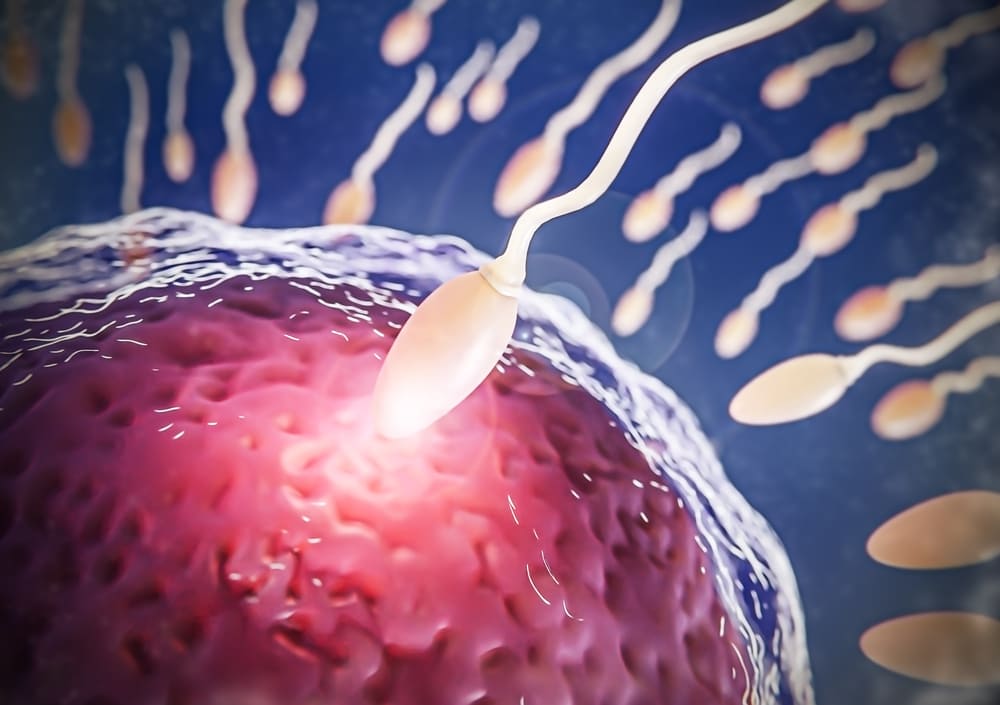Embryo implantation is a key moment on your path to motherhood or fatherhood. Even if fertilization and embryo transfer go well, several details can influence whether the embryo attaches and grows. Here we summarize the most important factors, what you can do, and how to improve your chances of success.
What is embryo implantation and why does it matter?
This is when the embryo attaches to the lining of the uterus. It usually happens between 6 and 10 days after ovulation or transfer in an IVF cycle. For everything to go smoothly you need:
- A high-quality embryo.
- A prepared and receptive endometrium.
- A proper hormonal balance.
1. Embryo quality
A healthy embryo has a higher chance of implanting. Its determinants include:
- Genetics: Chromosomal abnormalities reduce implantation rates.
- Maternal age: As age increases, egg quality declines.
- Laboratory conditions: Optimal culture makes a difference in IVF.
What you can do:
- PGT-A to select chromosomally normal embryos.
- Advanced culture techniques in specialized labs.
2. Endometrial receptivity
Your endometrium should be between 7 and 10 mm thick and within its “receptive window.” It can be affected by:
- Chronic endometritis: Uterine inflammation.
- Asherman’s syndrome: Scarring inside the uterus.
- Insufficient blood flow.
What you can do:
- Endometrial biopsy to rule out inflammation or infections.
- Regenerative treatments with growth factors (e.g., Endogen).
3. Hormonal balance
Progesterone, estrogens, and thyroid hormones work together to prepare the endometrium. Low levels or imbalances can hinder implantation.
What you can do:
- Monitor hormones throughout the cycle.
- Supplement progesterone or adjust medication as advised by your doctor.
4. Immunological factors
Your immune system may react against the embryo or not support its development.
What you can do:
- Immunological tests to detect imbalances.
- Treatments with immunoglobulins or corticosteroids if recommended by a specialist.
5. Lifestyle and general health
Your daily habits influence:
- Chronic stress: Disrupts hormones.
- Tobacco, alcohol, or drugs: Harm eggs, sperm, and the uterus.
- Out-of-range BMI: Overweight and underweight both hinder implantation.
What you can do:
- Maintain a balanced diet and a healthy weight.
- Practice yoga, meditation, or relaxation techniques.
6. Male factors
Semen quality influences embryonic development from the very start.
What you can do:
- A detailed semen analysis to evaluate sperm quality.
- Techniques like ICSI or PICSI to select healthy sperm.
Steps to improve your chances
- Personalized treatments: Clinics like Pharma2Help design protocols tailored to you, from medication to supplements.
- Advanced diagnostics: ERA (Endometrial Receptivity Analysis) helps you transfer on the ideal day.
- Endometrial regeneration: Growth factors to optimize your uterus and increase success rates.
- Key supplements: Folic acid, CoQ10, and vitamin D improve receptivity and embryo quality.
To finish…
Embryo implantation is complex and depends on many factors. Identifying and addressing them brings you one step closer to your dream of becoming a mom or dad. If you need help, consult an assisted reproduction specialist: together you can design the perfect plan for you.
We’re with you every step of the way. Seek expert fertility support to maximize your chances of success.

